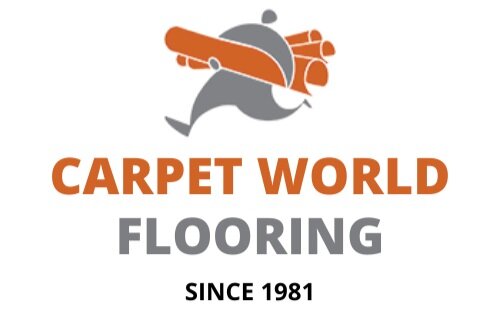With the amount of flooring choices in the market today, saying one is spoiled for choice is an understatement. When it comes to hard wood alternatives, it gets even trickier to decide on what is right for your home. There are plenty of hard wood alternatives to choose from and deciding on the right flooring for your home or office will be determined by a couple of factors which we’ll try to shed some light on in this article.
For many, laminate flooring remains a very popular flooring choice. In recent years the quality, durability and style of the products have improved a great deal and now more than ever before, laminated wood flooring is an excellent choice for almost any space, anywhere.
With the growth in popularity of laminate flooring there have unfortunately also been some downfalls. Many companies today import cheap, low quality laminated floors that simply don’t come close to the superior quality offered by the market leaders. More often than not, these laminates will be sold with big promises and disappoint very soon. It’s common to see a poor quality laminate floor that has been fitted incorrectly and due to the extremely low-grade of the product, a floor that warps, creeks and very soon becomes unusable. Products and installations like these have in some cases damaged the reputation of laminated floors to the extent that people believe it’s not a viable option for their homes.
The same holds true for vinyl flooring products in the market today. There’s the good, the bad, and the really bad. In drawing our comparison between vinyl and laminate, we’ll only take into consideration high quality vinyl and laminate products.
Laminates are by far a much more hard-wearing flooring surface than vinyl. Some laminates come with a warranty of up to 30 years. While vinyl flooring is also an extremely durable product, they’re not as tough as a good quality, high-grade laminate floor. Laminates are in general more noisy to walk on than vinyl, but with a sound absorbing underlay, laminates aren’t necessarily more noisy than click variations of vinyl. Stick down vinyl however is still the least noisy form of wood alternative flooring.
Due to its much thicker and harder composition, a laminate floor is more stable than a click vinyl tile floor. This does not necessarily mean that all vinyl floors are unstable, simply that in certain conditions such as extreme differences in heat, a vinyl floor is slightly more vulnerable. Stick down vinyl flooring however is not a floating floor such as vinyl click tiles and laminates and thus is not as easily affected by differences in temperature.
While vinyl flooring in general is a resilient form of flooring, direct sunlight will fade the surface print over time. Laminates are much less susceptible to these conditions.
Contrary to popular belief, laminate floors are not as susceptible to water spills as most would believe. It is only when large amounts of water are involved, like a leaking roof or a bursting geyser that laminates will suffer damage. Small spills can be cleaned up without causing any harm. It goes without saying however that they’re not waterproof, and not suitable for bathrooms. Vinyl flooring is waterproof. They’re perfect for wet areas and will not be damaged by water.
Deciding on which product is best is determined by where you want to install it, what type of traffic the area receives, how much sun it receives, temperature variations and much more. Should you wish to install either, call us to book a visit and we’ll come to you and offer professional advice on the best product based on your requirement.

